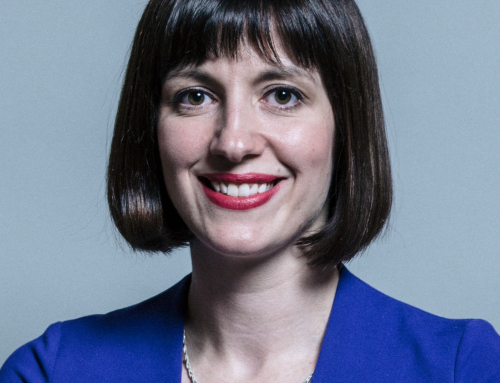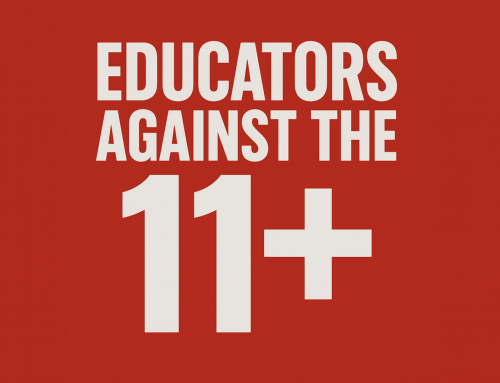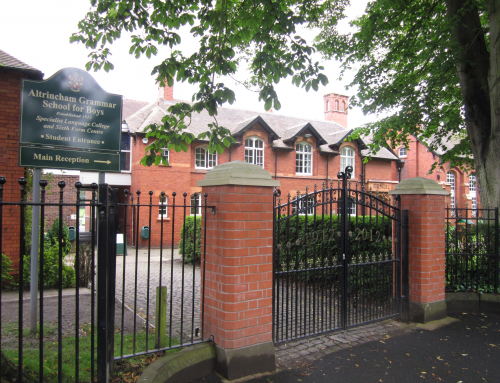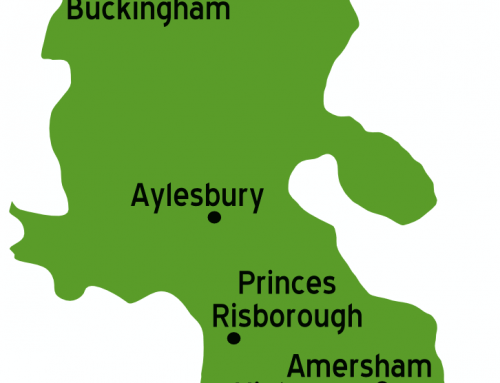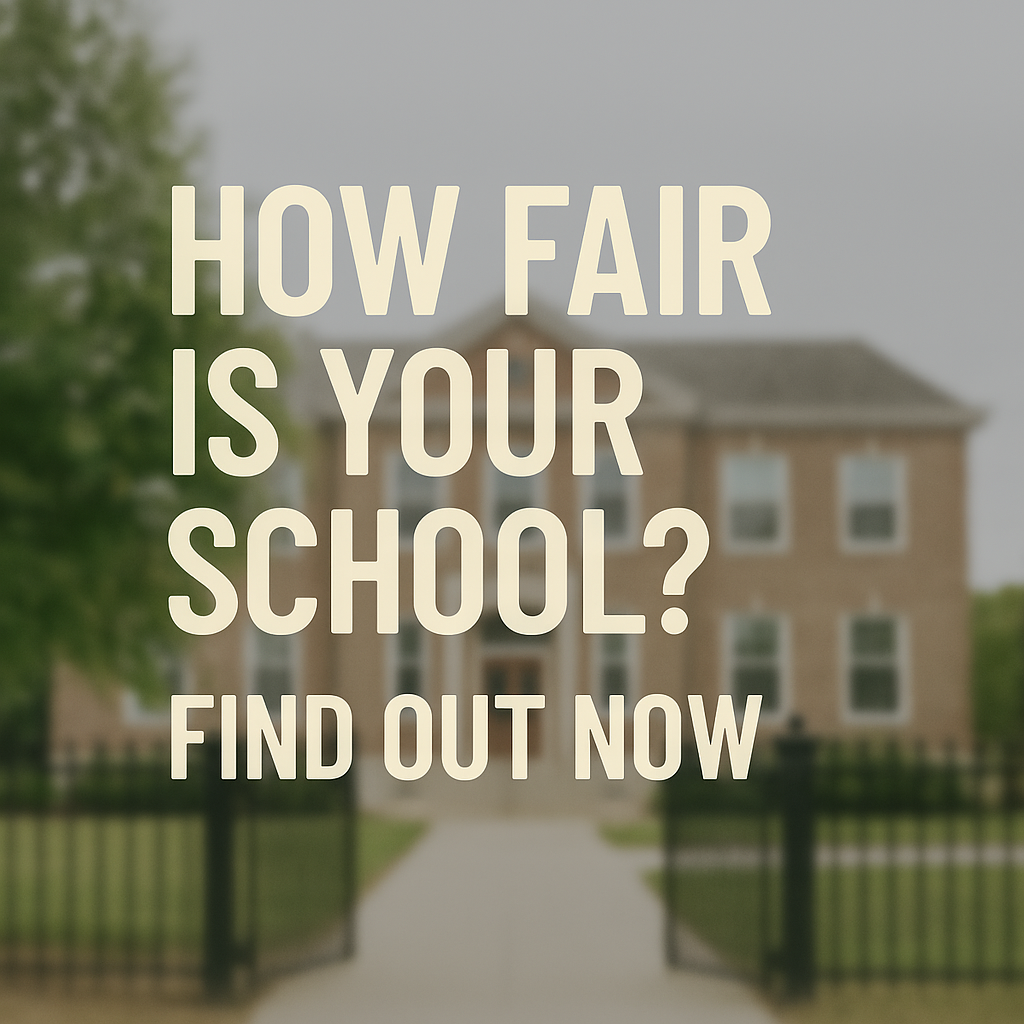 Comprehensive Future has launched the Fair Admissions Advisor (FAA) an innovative online AI chatbot designed to help tackle unfairness in school admissions. The tool is designed to focus on social equity. The support it provides can help school leaders, governors, trustees, and parents to better understand how school places are allocated. It will also suggest ways in which allocation can be made fairer. The chatbot uses Department for Education (DfE) data on Free School Meal (FSM) eligibility for schools in England. By analysing deprivation levels in nearby primary schools, it sets a local benchmark to assess whether secondary schools are admitting a fair share of disadvantaged pupils.
Comprehensive Future has launched the Fair Admissions Advisor (FAA) an innovative online AI chatbot designed to help tackle unfairness in school admissions. The tool is designed to focus on social equity. The support it provides can help school leaders, governors, trustees, and parents to better understand how school places are allocated. It will also suggest ways in which allocation can be made fairer. The chatbot uses Department for Education (DfE) data on Free School Meal (FSM) eligibility for schools in England. By analysing deprivation levels in nearby primary schools, it sets a local benchmark to assess whether secondary schools are admitting a fair share of disadvantaged pupils.
Dr Nuala Burgess, Chair of Comprehensive Future, said, “We hope school leaders and parents will use the Fair Admissions Advisor to assess whether local schools are operating fairly. Sometimes, admissions policies, like restrictive catchment areas, selective entry tests, or faith criteria, can unintentionally exclude local families on lower incomes. Our chatbot explains how these policies work and encourages schools to consider fairer alternatives.”
CF’s analysis found that 96% of the least inclusive secondary schools were either grammar schools or faith schools. Looking at the 100 schools that were the least inclusive when compared to local primary schools, 71 were grammar schools, 25 were faith schools, and 4 were schools operating ‘banding test’ admissions.
Banding tests are designed to create a comprehensive intake by assessing all applicants and dividing them into ability bands, with a set number of pupils admitted from each band. In theory, this should ensure a balanced intake across the ability range. However, there are ways of manipulating pupil intake through these tests.
Dr Burgess added, “I think everybody knows by now that grammar school selection tests favour children from more advantaged backgrounds. As a result, these schools are among the least inclusive. However, it is uncomfortable truth that faith school admissions can be equally selective. The hoops that families have to jump through can be a very effective way of discouraging poorer families from accessing their local school.
The data from our Fair Admissions Advisor confirms a troubling pattern, with grammar and faith schools consistently ranking among the least inclusive. It’s time policymakers took this problem seriously and addressed the structural biases in our admissions system.”
James Coombs, Comprehensive Future’s data scientist and responsible for the inclusiveness comparison method which drives the Fair Admissions Advisor said, “The Academies Act said schools should be ‘at the heart of their community’, but that phrase lacks a clear definition. I have developed a method to compare a school’s intake to the surrounding area, bringing meaning to that idea. Some schools, particularly grammar and faith schools, admit far fewer disadvantaged pupils from their local area than expected. This tool brings transparency and invites public debate. I’d urge everyone to try it and explore how their local schools perform.”
The FAA is also a helpful resource for parents navigating the complex school admissions system.
Dr Burgess said, “The launch of our Fair Admissions Advisor is thanks to some extraordinary research and number-crunching undertaken by James Coombs and Jo Bartley, Comprehensive Future’s Campaign Officer. They have produced a really impressive, easy- to-use tool which answers a host of questions about school admissions and the allocation of school places. Anyone with the remotest interest in creating fairer school admissions should try out this new tool. Everyone, from governors interested in implementing new admissions strategies to parents wishing to understand their rights of appeal, can be helped by the tool’s information and advice. Schools admissions are a minefield. We really hope this chatbot will help to make the process more transparent and less daunting.”
The Fair Admissions Advisor chatbot is free to use and can be found HERE.


